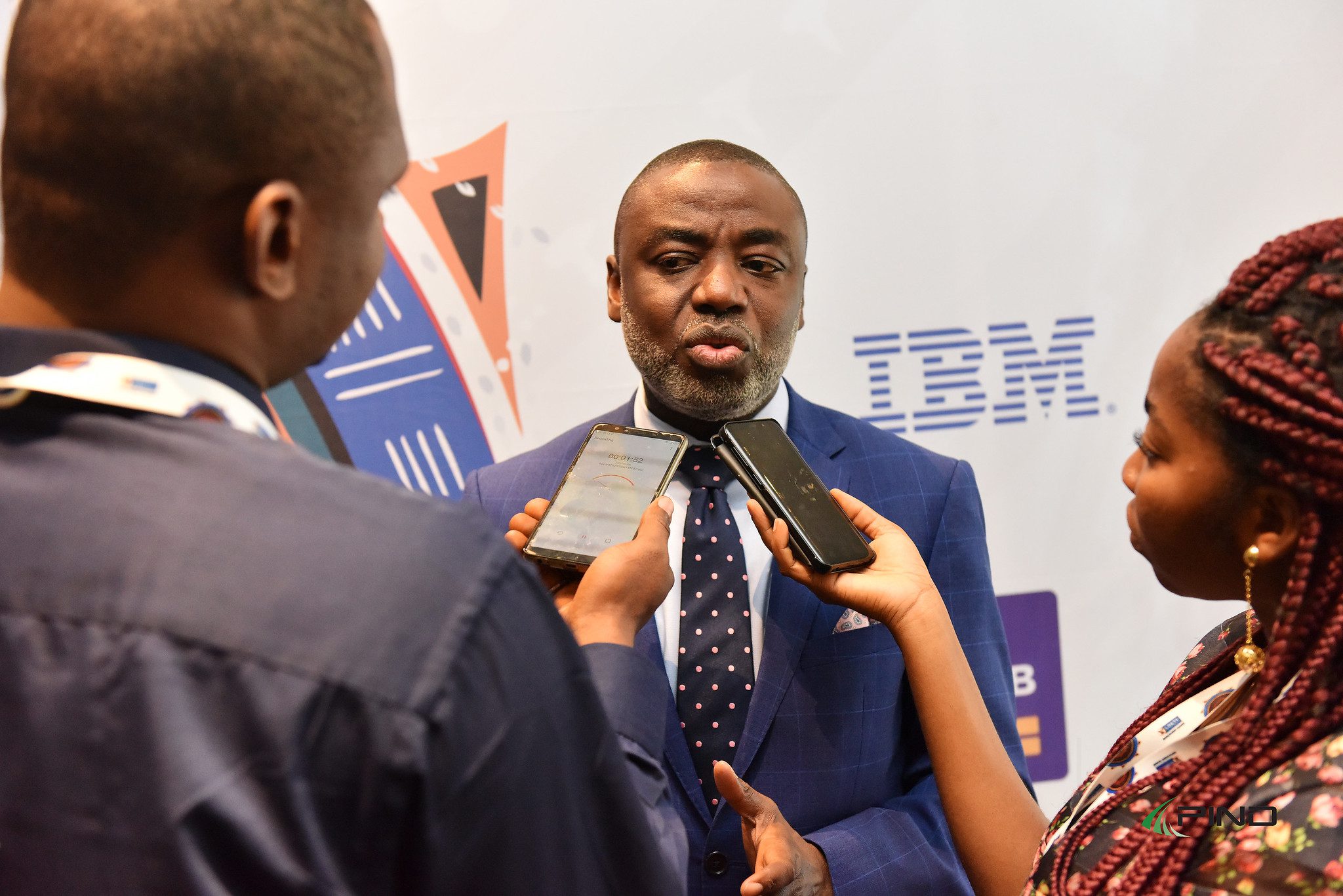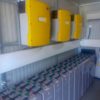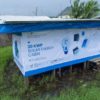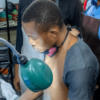The economic development program comprises three projects: Market Systems Development, Access to Energy, and the Youth Employment Pathways (YEP).
The overarching objective of the program is poverty reduction through increases in the number of men and women experiencing positive changes in income and attaining gainful employment. This is achieved through the facilitation of interventions with sustainable outcomes.
The market systems development project portfolio is made up of five agricultural value chains (aquaculture, cassava, cocoa, palm oil, and poultry) and three cross-cutting interventions (access to finance, access to inputs, and business linkages). The project aims to identify binding constraints in the sectors and seek sustainable solutions that can increase the income of thousands of poor men and women.
The Access to Energy project focuses on energy efficiency and renewable energy such as the energy cabin and solar refrigeration. While Access to Energy identifies and tests technological solutions, the market development project facilitates activities to develop market systems for uptake and adoption of such technologies.
The Youth Employment Pathways featured the Niger Delta Youth Employment Pathways (NDYEP) project between 2018 and 2021. Funded by the Ford Foundation and implemented in Abia, Akwa Ibom, and Rivers States, it focused on agriculture, construction, finished leather goods and ICT sectors, and was built on PIND’s economic development strategy, which emphasizes sustainable interventions that result in full-time employment for youths.
Following its successful piloting of being market-led, and demand-driven, the NDYEP model is being scaled up to other states and kicked off in Delta State in January 2021.

















